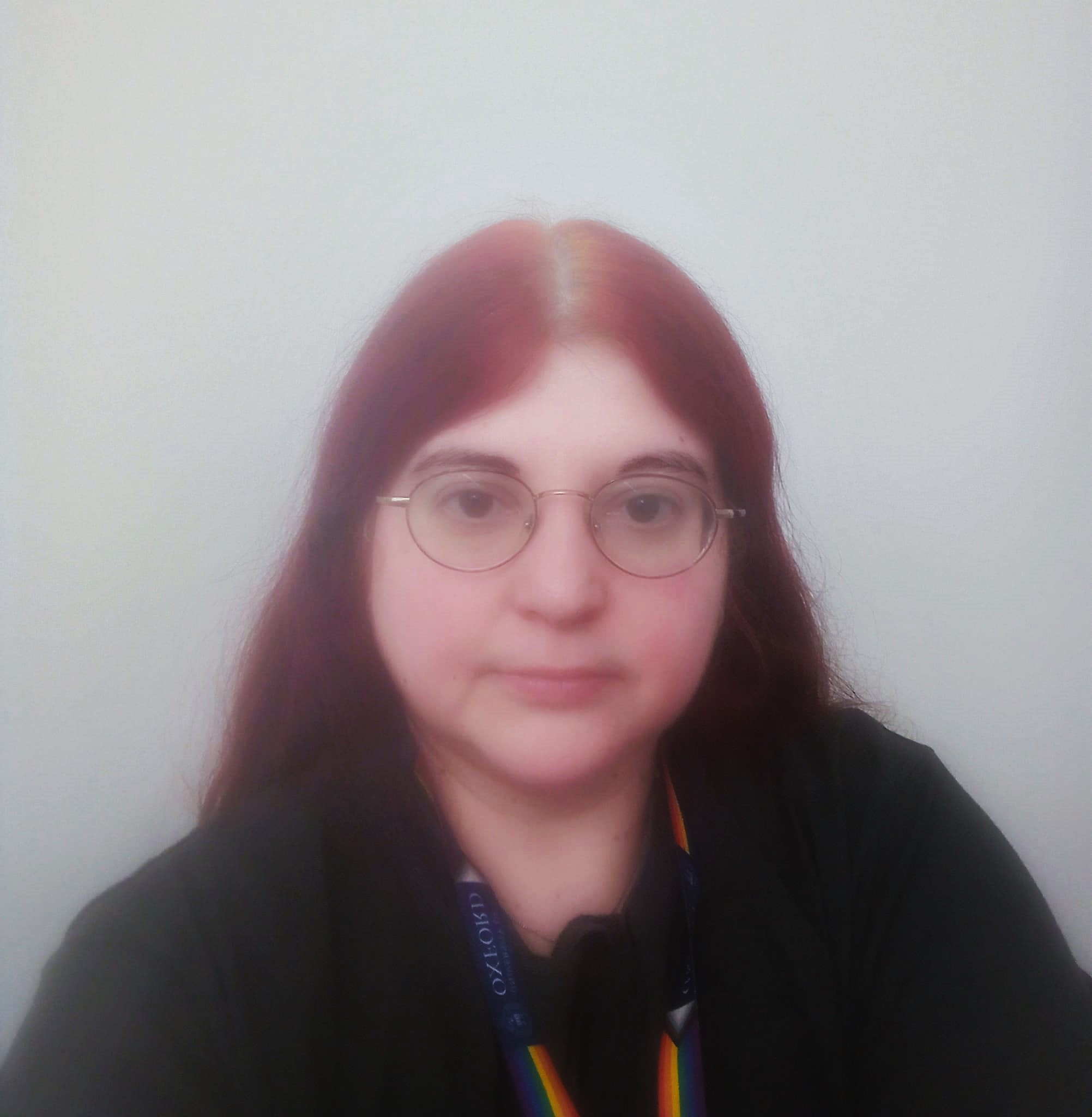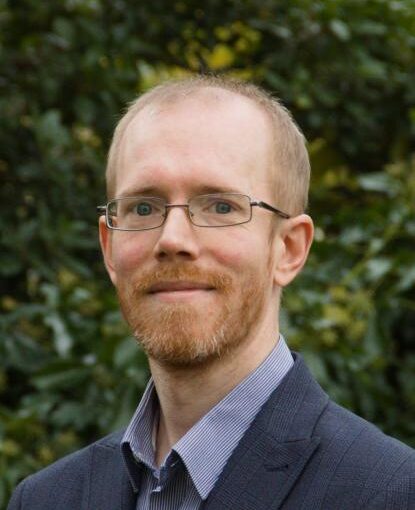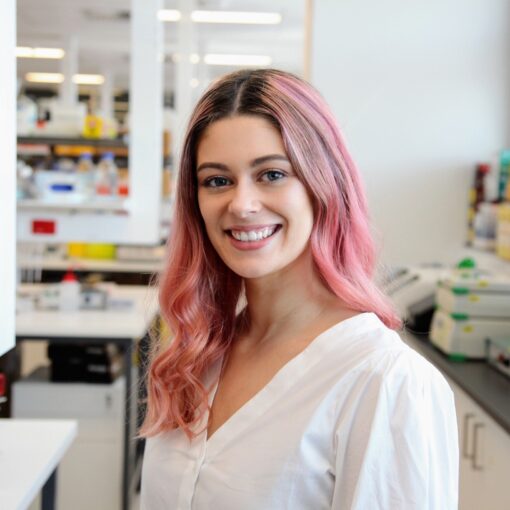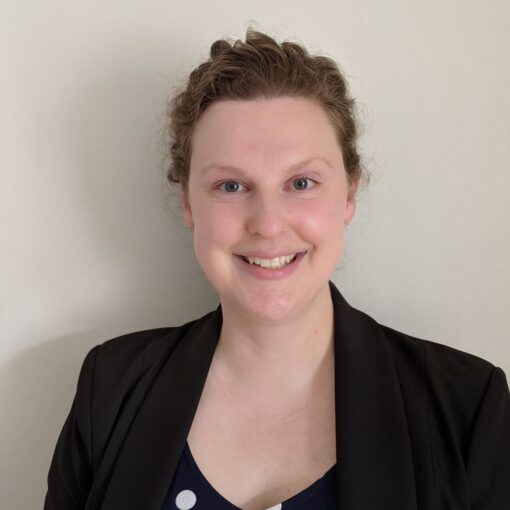DPhil in Byzantine Studies, University of Oxford, 2006
| Ertegun Administrator | |
|---|---|
| University of Oxford | |
Year entered into a non-academic position: 2017
Job highlight: Daily interactions with university students
Left academia after: 11 years of postdoctoral work
What’s your background?
I was born and raised in Athens, Greece, but spent about half my life abroad. From a very young age I wanted to be a Byzantinist (though I briefly considered becoming a medical doctor!) and I did a BA in Classical Philology at the University of Athens, before coming to Oxford for my MPhil and DPhil in Byzantine Studies.
Why did you move away from academia?
When I finished my DPhil in 2006, I took on a variety of academic and non-academic roles. I worked as an administrator with the Oxford University Careers Service for six months, before becoming a visiting lecture in Byzantine History at Cyprus – my first full-time teaching job. I also received a research fellowship at Wolfson College for three years. From 2010 to 2013 I was the founding Director of the Mary Jaharis Center for Byzantine Art and Culture and Assistant Professor of Byzantine Studies at Hellenic College Holy Cross. I taught courses there, but the primary focus of my work was establishing the centre – organising events, curating exhibitions, speaking with donors, etc. I went with the expectation that it would become a permanent post, but my contract was not renewed.
As a result, I suddenly found myself having to restart a search for a job, but without the equivalent publications at that point in my career to be taken seriously, even though I had quite a bit of teaching experience. Although my dissertation had been accepted for publication by Cambridge University Press, I never had the time to revise it or to publish many other articles.
I had to survive, so I returned to Greece and applied for academic and non-academic positions. But I eventually recognised that I could no longer hope to receive a full-time academic position.
How did you get this job? Did you face any challenges when considering a move away from academia or applying for the role?
I was highly involved in societies and non-academic roles which gave me lots of administrative experience, even as a doctoral student. But one challenge I faced was my age, especially in Greece. By the time I decided to transition out of academia, I was considered “too old” for many jobs.
What motivated you to/why did you choose the sector you transitioned into?
I knew I was good at administration, but I still wanted to interact with students, so that excluded a lot of purely administrative jobs. The university was a familiar environment and allowed me to still participate indirectly in research.
How did your PhD prepare you for your current job? For example, what were the transferable skills that you developed during your PhD that are most relevant to your current job?
When I was an undergraduate in Athens, I became an administrative assistant to a professor in Byzantine Studies, and a lot of the skills I’ve acquired over the years have likewise been developed alongside my academic research. As a postgraduate, for instance, I was a founding member of the Oxford University Byzantine Society. I was also a Welfare Officer at Corpus Christi College and a member of the Nightline steering committee. These responsibilities gave me lots of transferable skills – organizing events, student counselling, and so on.
Can you describe a typical week in your job?
There’s no such thing as a typical week in my job, as much as I try to plan one! Much of my work involves responding to emails, answering phone calls, and supporting the Ertegun scholars and alumni. There are a few fixed points in my schedule – during term-time there is a weekly seminar which I coordinate, for example – but meetings and events keep my work very varied.
What are your favourite parts of your job?
As the administrator of the Ertegun scholarship programme, I love having conversations with students, hearing about their research and their work. I’ve also worked alongside three different Ertegun Directors – senior scholars from different fields – and I’ve enjoyed learning from them.
I haven’t given up on knowledge even though I’m not formally an academic, and my job allows me to continue attending seminars and conferences regularly.
Do you have any advice for current graduate students and postdocs considering a career outside of academia?
Don’t miss opportunities to grow in non-academic skills. Get involved in student societies, organisations, and projects.
Can you recommend any relevant resources, organisations or events that might help somebody new to the sector find out more about it?
The Oxford University Careers Service has lots of good resources and I’d encourage students to take advantage of that. Some departments also organize events and talks which can be useful. I’d also encourage students to do informational interviews with people from non-academic sectors.





